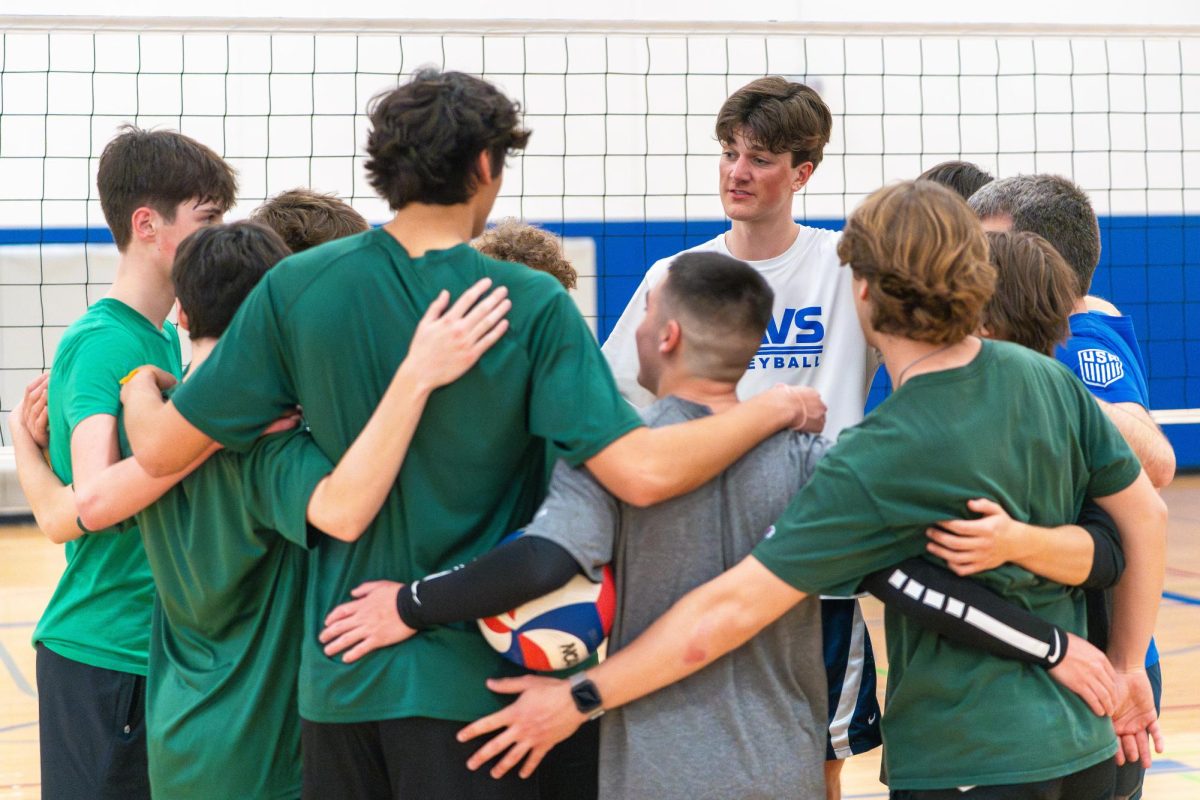As finals approach and grades grow closer to being finalized, many students have turned to cheating to maintain their good grades. According to an Instagram poll on @fsjournalism, 76% of the 142 voters have cheated in school before.
Cheating in the classroom has become increasingly normalized among students, possibly due to the integration of technology into classrooms. Anonymous student 1 said cheating has become such a common occurrence that it feels like an open secret amongst students.
“Everybody does it. I know that I am a good student, and I use cheating as a reasonable solution because sometimes teachers pile on work. Even if I know the material, sometimes it’s tedious to get it all done. It might just be easier to copy down someone else’s answers,” anonymous student 1 said.
Teachers’ lack or inability to fully supervise during tests gives some students the confidence to cheat. Anonymous student 2 said they cheat because they see it as easy to do and easy to get away with. Additionally, lenient policies do not discourage those who get caught cheating again.
“I cheat because I like getting good grades. And I know that if I cheat, I will probably get away with it,” anonymous student 2 said.
While students may be getting away with cheating, it is no secret to their peers. Sophomore Lucas Smith has never cheated but still feels the effects on the testing environment as it has become a common occurrence in his classes.
“I’ll be sitting at my desk, and there’s a person in front of me, and then they just pull their phone out and look up the answers, and that’s normal to see in most of my classes,” Smith said.
After noticing the common occurrence of cheating in his classroom, teacher Randy Clark worries about the long-term effects of habitual cheating when students advance to higher-levels of education.
“School is preparing students for the next level, which is at the college level, and those types of things won’t be accepted there,” Clark said. “So it’s got to be addressed; you can’t just overlook it.”
While cheating gets students through the immediate struggle, the unlearned content often re-appears, leaving students unprepared to learn new material. Anonymous student 2 said they are worried about the effects of cheating on their learning as some teachers predicted.
“I used to cheat in all my math classes, and when I got to higher-level math, I didn’t know how to do any basic math,” anonymous student 2 said.
Despite the consequences of cheating, many students with heavy workloads, like anonymous student 3, feel like it’s necessary to cheat to maintain their good grades.
“A lot of students have things outside of classwork going on in their lives, and when teachers put like, three to four tests on one day without knowing,” anonymous student 3 said. “Students are rushing to get things done, and there isn’t a way to study for all of those tests. Sometimes it feels like cheating is a necessity.”
According to assistant principal Amanda Faunce, teachers and administrators generally feel that helping the student navigate the problem is more important than punishing the student. Faunce feels that cheating almost always has a root and identifying the issue is the key to eliminating cheating.
“Most students aren’t cheating because they want to cheat; they’re cheating because there’s something else that’s going on that’s prohibited them from feeling like they know the information, it could be a significant lack of confidence in their own ability,” Faunce said.
When Faunce is notified that a student is cheating, she finds that a conversation is the most effective way to deal with academic dishonesty. Faunce said that after a conversation, students rarely cheat again.
“It’s really important just having a conversation to figure out what the root reason is or the root cause of the dishonesty,” Faunce said. “And then talking through it trying to help solve the problem. How can we prevent this from happening again?”
Faunce recognizes the heavy load that students carry and suggests that students communicate with teachers to come up with a solution instead of resorting to cheating. Additionally, Faunce feels that teachers have more sympathy for these situations than students realize.
“We’re here because we care and we want to be helpful,” Faunce said. “Sometimes I think I would have been nervous to admit to my teacher that I was struggling or that I wasn’t feeling adequately prepared, but it’s really just taking the time to communicate.”












